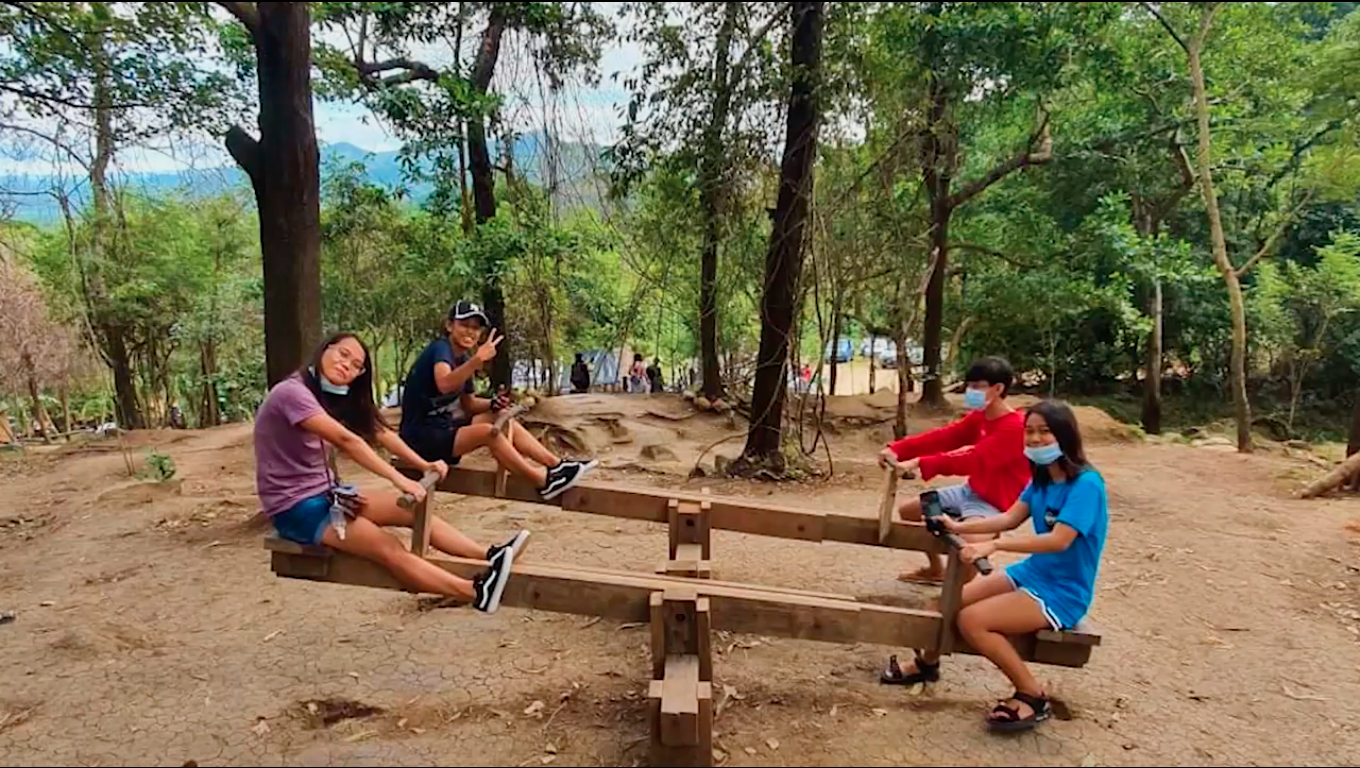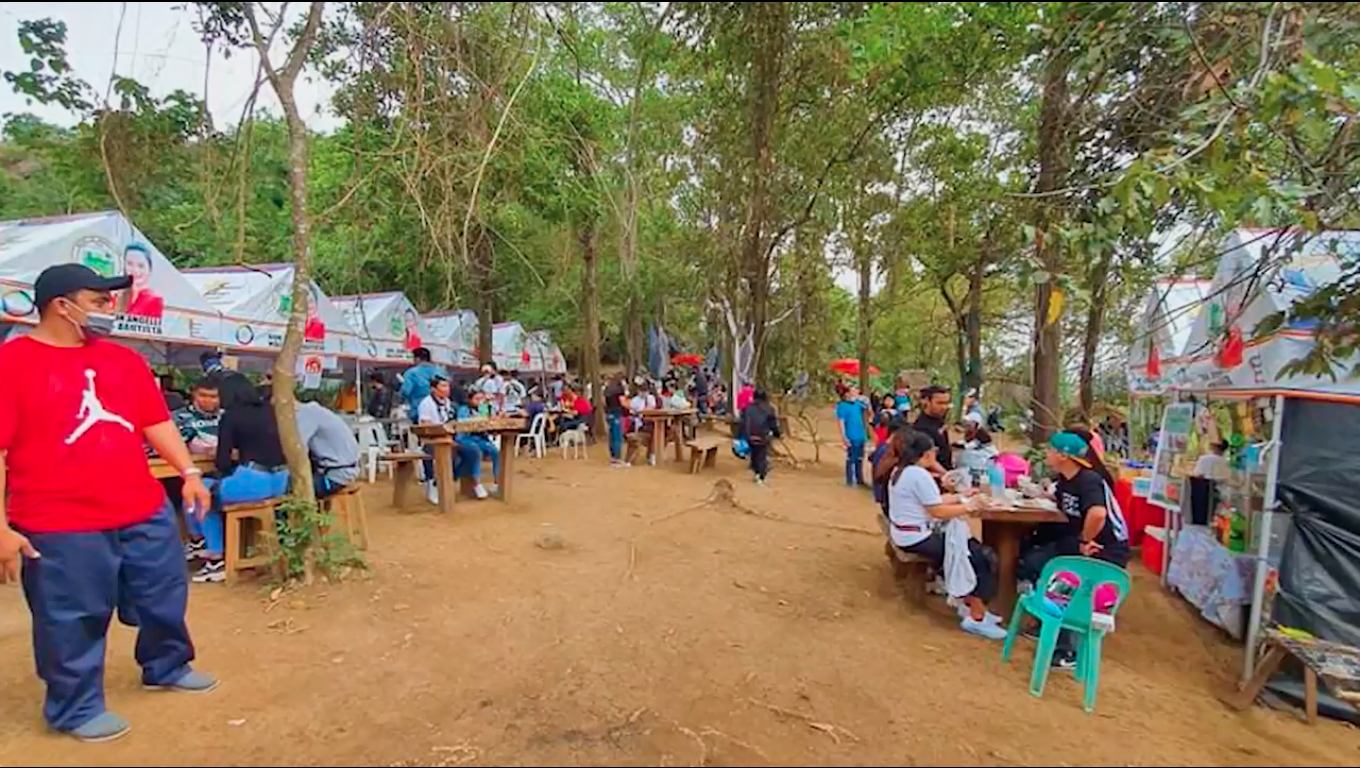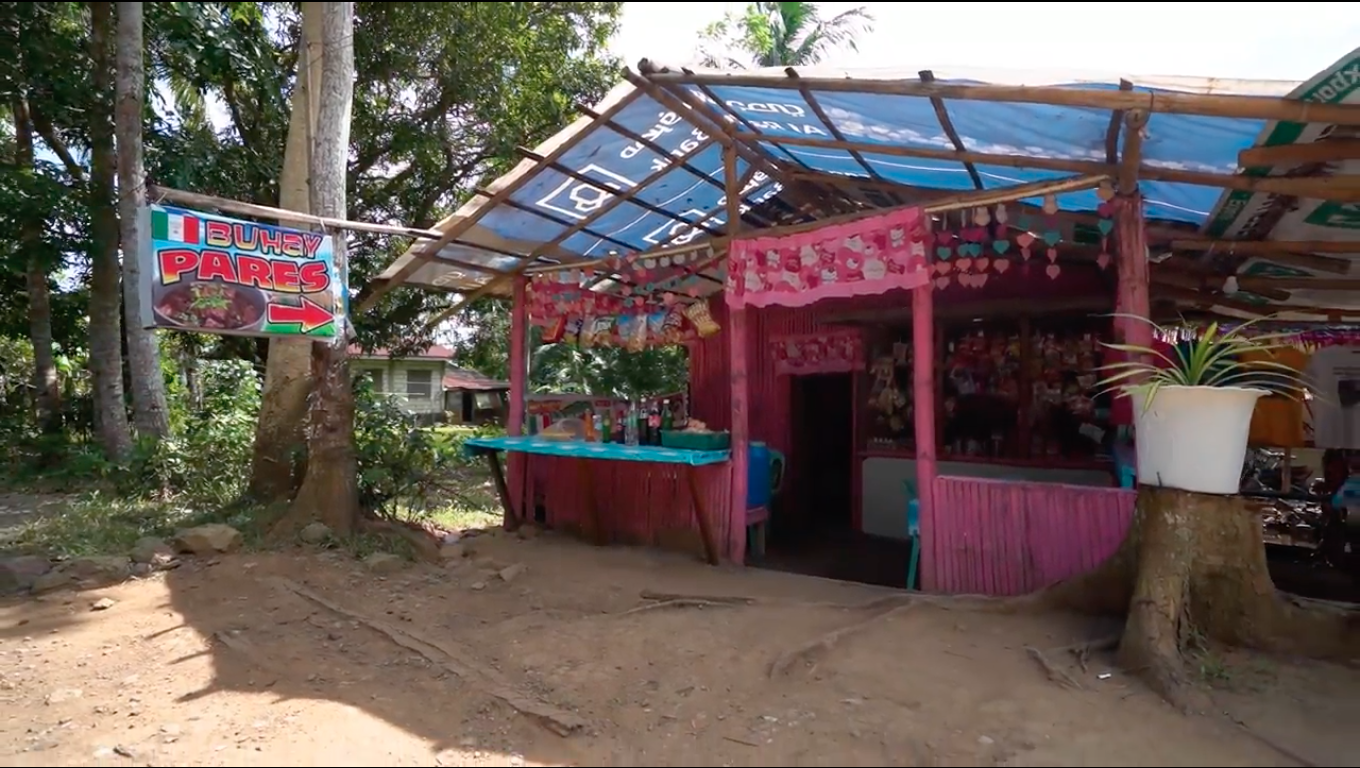
Crafting the Devolution Transition Plan (DTP) required by Executive Order (EO) 138, which provides guidelines on carrying out the Mandanas-Garcia Ruling, was definitely challenging. But for the local government of Magallanes, Cavite, it was a necessary exercise to help them evaluate their current context and plan their strategies moving forward.
Mayor Jasmin Maligaya – Bautista, the Local Chief Executive (LCE) of Magallanes re-elected for another term, shares that coming up with the DTP was not quite difficult for them despite the time and connectivity challenges they faced. Their Municipal Local Government Officer (MLGO) has been helpful in guiding them in the process. Mayor Jas, as called by her constituents, also reached out to experts to consult on what they should do in the DTP. “Hindi kami masyadong nahirapan dahil ginagawa na rin naman namin iyon”, Mayor Jas adds, highlighting that the DTP is similar to the Annual Investment Plan (AIP) they usually do. Although, as observed by Mayor Jas, a lot of LGUs like them still find it difficult to comply with the DTP because of the new templates provided by the Department of Interior and Local Government (DILG), and the lack of substantial information on the specific programs and projects that will be devolved by the National Government Agencies (NGAs). Nonetheless, the Municipality of Magallanes appreciates the DTP as a tool that would guide them in providing quality service for their people.

Tourists enjoying Buhay Forest’s play area (Screenshot from Magallanes, Cavite’s Buhay Forest Presentation)
Anticipating the decrease in the national tax allotment (NTA) of the LGUs in 2023, the local government unit (LGU) of Magallanes aims to carry out its agri-ecotourism plan that is foreseen to bring more income for the LGU. Mayor Jas reveals that they are currently in talks with the Tourism Infrastructure and Enterprise Zone Authority (TIEZA) about a proposed Php 300-M program to develop their tourism areas. One of their ongoing agri-ecotourism projects, Buhay Forest, inspired the LGU to pursue agri-ecotourism as a viable income-generating endeavor that would also enable them to preserve and protect the environment. During the height of COVID-19, when a lot of businesses were struggling, Buhay Forest gave life to the local economy of Magallanes. As a response to the growing number of tourists, local businesses increased from 26 in 2020 to 55 in 2021, 14 of which were established due to Buhay Forest. It also had a positive effect on the agriculture sector, as tourists were looking for local harvests or produce that they could bring home with them. This experience has enabled Magallanes to maximize their natural resources, providing more economic opportunities for their LGU which would then translate to more development projects for the people.

Tourists enjoying nature while having their meals in Buhay Forest (Screenshot from Magallanes, Cavite’s Buhay Forest Presentation)
Aside from the financial support that every LGU needs to faithfully execute EO 138, Mayor Jas also hopes that the appropriate capacity-building program would be provided to LGUs. Implementing their DTP is another challenge they have to face this coming term, and just like all the other LGUs, the Municipality of Magallanes simply aims to address their local concerns and provide the necessary quality services for their communities.

Buhay Pares, one of the many small businesses that opened due to the fame of Buhay Forest (Screenshot from Magallanes, Cavite’s Buhay Forest Presentation)



